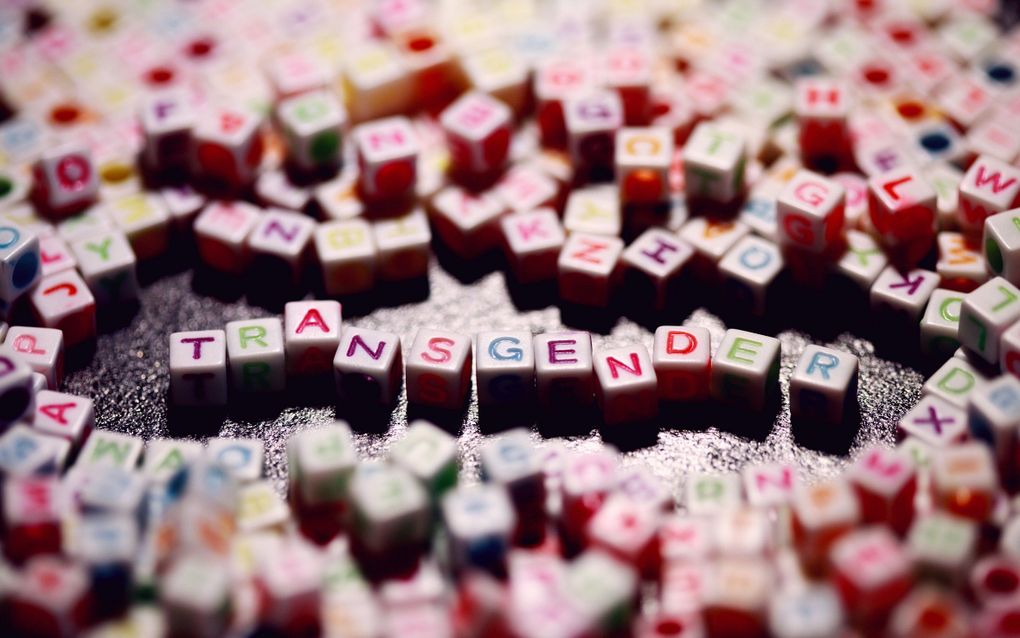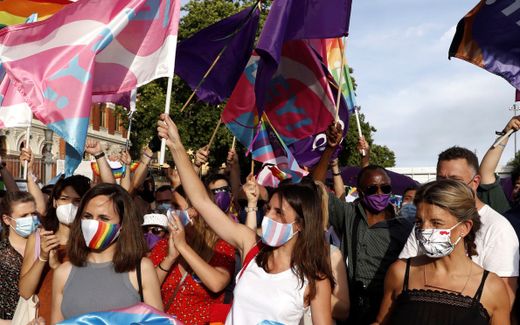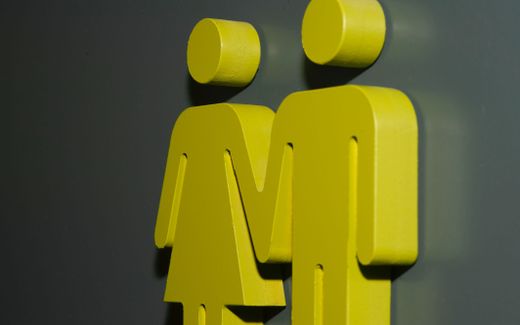German public consistently rejects self-determination law

Photo Unsplash, Sharon McCutcheon
Central Europe
Despite the efforts of the government to introduce a self-determination law which makes gender change more accessible, the majority of the population disagrees. Germans who believe that more than two genders exist are still in the minority.
A survey shows that only 33 per cent of the German population speaks out in favour of the new transgender law. That is reported by Idea. According to the draft, people should be able to change their gender by only making their wish clear to a registry office. Change of appearance or surgical gender reassignment would no longer be necessary. About 43 per cent of the respondents to the survey explicitly rejected the draft law.
Men are more likely to reject the transgender bill than women. Among men, 49 per cent opposes it, while 29 per cent is in favour. Of women, 37 per cent rejects the law, and 36 per cent accepts it.
Christians are divided on the issue. The group of opponents is almost as large as the number of people who support the bill. Among Protestants, 38 per cent is in favour of the government's plan, while 35 per cent rejects it. Of the Catholics, 39 per cent supports the bill, while 36 per cent opposes it.
More than two genders?
The survey furthermore shows that more Germans believe that there are only two genders than Germans who deny that statement. About 42 per cent believes that only male and female exist, while 38 per cent argues for more options. That is reported by Die Tagespost.
Remarkable is that the opinion of males generally differs from that of females. Of the males, a majority (48 per cent) think that only two genders exist. In contrast, most females (44 per cent) believe that there are more genders.
Of Catholic believers, the number of people with a binary view on gender is just as big (42 per cent) as the share of them that argues for more possibilities. The number of Protestants who reject the binary view of gender is higher than that of the opponents of that perspective: 40 per cent believes that there are not only two genders, while 37 per cent denies that.
More than 2000 adults participated in the survey, which was held between July 8 and 11.
Related Articles






